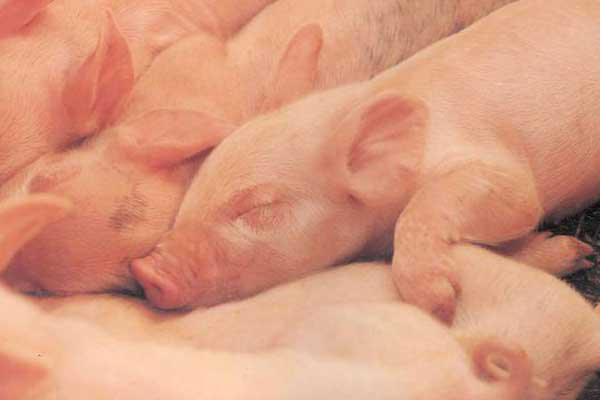Research: Sulphur amino acids aid in immune system build-up

When the immune system of a pig is activated, more sulphur amino acids are required to support maximum performance and body protein deposition according to findings of Dr Jae Kim of Murdoch University in Australia.
Murdoch University in Perth and the Australian Department of Agriculture and Food (DAFWA) are investigating sulphur amino acids as a nutritional component of pig herd health in relation to supporting immune function.
Pork CRC recently announced significant funding for research aims in order to enhance animal health, while reducing therapeutic antibiotic use in commercial pork production.
Professor John Pluske, Dr Jae Kim and Dr Bruce Mullan are co-investigators of the programme, which aims to reduce the risk of E. coli-associated disease.
“Our research on nutritional manipulation is aimed at supplying correct amounts of amino acids that are associated with immune function in pigs so that their immune systems are better able to fight E.coli bacteria and other pathogens, without compromising growth and wellbeing of pigs,” says Dr Jae Kim.
Findings reported by Dr Jae Kim indicate that when pigs’ immune system is activated, more sulphur amino acids are required to support maximum performance and body protein deposition.
Therefore increasing dietary sulphur amino acids for growing/finishing pigs in a commercial farm (less hygienic) is a requirement for immune response as well as growth.
The research is part of the High Integrity Australian Pork initiative that saw $4.6 million being allocated last year and $2.7 million this year.











